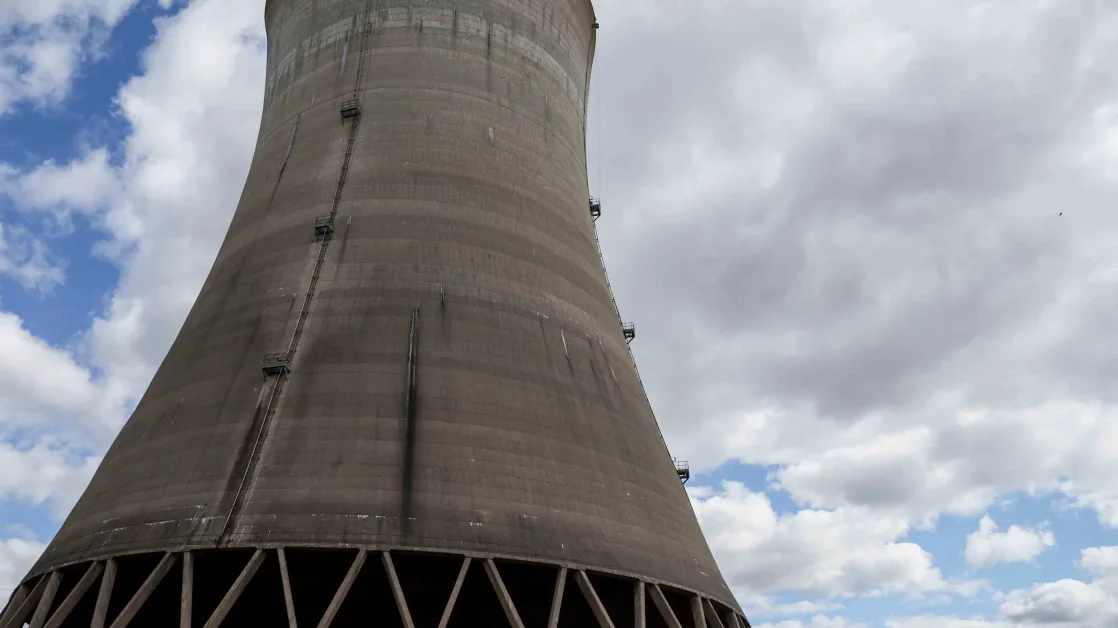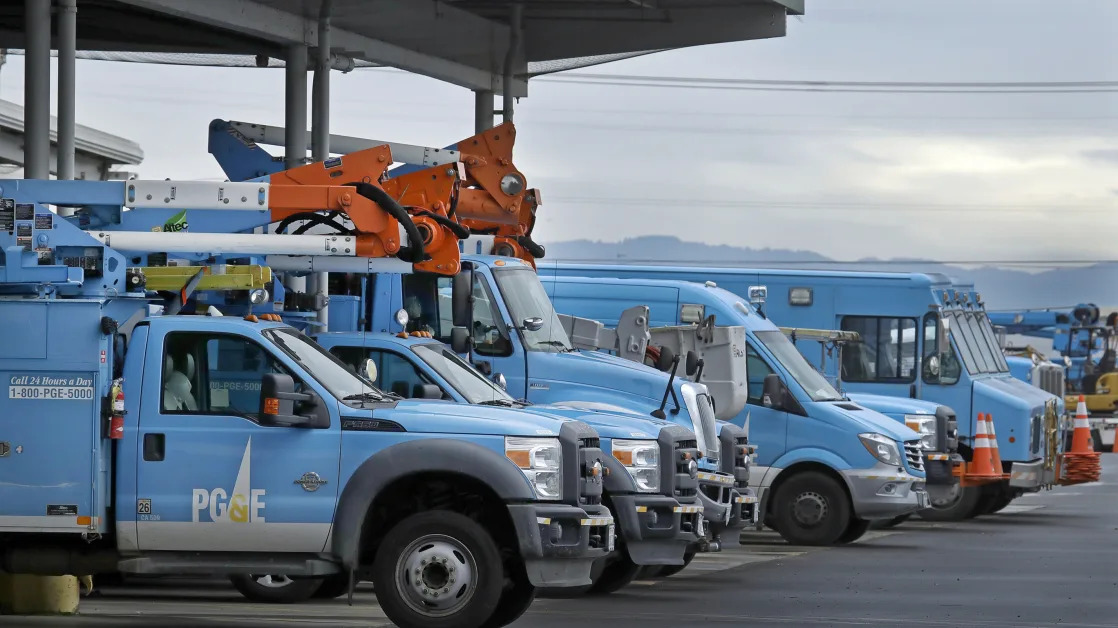(Bloomberg) -- Private equity-backed initial public offerings on US exchanges are poised for a comeback.
Last year, companies backed by buyout firms saw just $8.7 billion in US IPO exits, significantly below the pre-pandemic average of $45.1 billion, according to a new analysis by data provider PitchBook. The factors that affected the broader IPO market — high interest rates, macroeconomic uncertainty and rising geopolitical risks — all contributed to a dire environment for private equity-backed companies.
Now with US stocks hitting record highs and the macroeconomic environment improving, the prospects for exits have brightened. PitchBook identified 50 PE-backed companies poised for IPOs on US exchanges next year, choosing firms with sufficient scale for public markets, recent IPO filings or preparatory activities, as well as having been on buyout firms’ books for an extended period.
“Stock prices being at all-time highs creates a halo effect and we fully expect 2025 to be another recovery year,” said Tim Clarke, lead analyst for private equity at PitchBook.
The revival has already started. There have been $30.5 billion in PE-backed IPO exits this year, raising $6 billion in capital, PitchBook’s data show. In the third quarter alone, there were five exits via IPO including Platinum Equity-backed Ingram Micro Holding Corp. and Partners Group’s KinderCare Learning Companies Inc.
PitchBook’s analysis of PE-backed companies that are likely to file for an IPO next year encompasses several factors. One key element that indicates the potential for going public is how long the company has been buyout firm-owned. Typically, private equity firms hold companies for five to seven years. The sweet spot for going public is usually somewhere between the third and fifth year.
Notably, 19 of the companies identified by PitchBook filed publicly for an IPO in recent years. Those include UST, whose backers include Temasek Holdings Pte, as well as Panera Bread Co., backed by JAB Holding Co.
Other factors include large employee bases and signs of attractive growth. Unlike in 2021, when a slew of small and questionable companies went public, this time size and quality matters, Clarke said.
“You need to have enough trading volume, positive cash flow, as well as good top and bottom line growth trajectory,” he said, adding that his team looks for bigger companies and uses headcount growth as one of the metrics.
Some of the largest firms in terms of employment that could file for IPOs next year include Inspire Brands Inc., which is backed by Roark Capital Group, and Allied Universal Security Services LLC, which is backed by the Caisse de dépôt et placement du Québec.
Overall, US companies have raised $40.6 billion so far this year, more than the $25.4 billion raised in the same period a year ago, according to data compiled by Bloomberg.
“It does finally feel like the supply is there after a long stretch where there just weren’t companies looking to go public,” said David DiPietro, head of private equity at T. Rowe Price. “The activity around testing the waters meetings has certainly picked up in recent weeks and that’s a notable shift from where things were even just a few months ago.”
--With assistance from Bailey Lipschultz.






